Filter by
SubjectRequired
LanguageRequired
The language used throughout the course, in both instruction and assessments.
Learning ProductRequired
LevelRequired
DurationRequired
SkillsRequired
SubtitlesRequired
EducatorRequired
Explore the Satellite Course Catalog
 Status: Preview
Status: PreviewYale University
Skills you'll gain: Global Positioning Systems, Wireless Networks, General Networking, Communication Systems, Mechanics, Telecommunications, Technical Communication, Physics, Environmental Monitoring
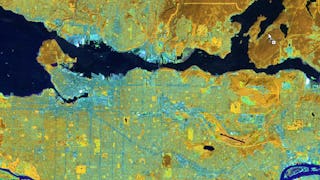 Status: Free Trial
Status: Free TrialUniversity of Toronto
Skills you'll gain: Geographic Information Systems, GIS Software, Spatial Analysis, Spatial Data Analysis, Geospatial Information and Technology, Geospatial Mapping, Query Languages, Data Manipulation, Image Analysis
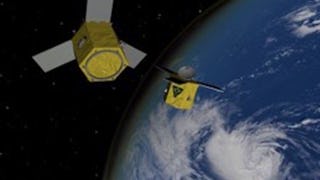 Status: Free Trial
Status: Free TrialUniversity of Colorado Boulder
Skills you'll gain: Control Systems, Systems Engineering, Mechanics, Numerical Analysis, Differential Equations, Mathematical Modeling, Simulation and Simulation Software, Engineering Analysis, Simulations, Advanced Mathematics, Linear Algebra, Engineering Design Process, Engineering Calculations, Mathematical Software, Applied Mathematics, Physics, Calculus, Mathematical Theory & Analysis
 Status: Free Trial
Status: Free TrialL&T EduTech
Skills you'll gain: Geospatial Information and Technology, Spatial Analysis, GIS Software, Spatial Data Analysis, Geographic Information Systems, Geospatial Mapping, Construction Engineering, Database Management, Construction, Construction Management, ArcGIS, Global Positioning Systems, Visualization (Computer Graphics), Decision Support Systems, Building Information Modeling, As-Built Drawings, Survey Creation, AutoCAD Civil 3D, Data Manipulation, Network Analysis
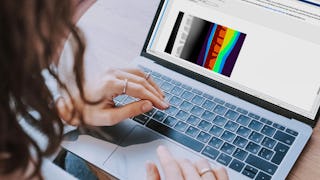 Status: Free Trial
Status: Free TrialMathWorks
Skills you'll gain: Image Analysis, Image Quality, Matlab, Computer Vision, Spatial Data Analysis, Data Processing, Water Sustainability, Data Manipulation, Histogram, Exploratory Data Analysis, Quantitative Research, Analysis, Data Import/Export, Metadata Management, Algorithms
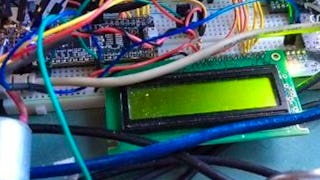 Status: Free Trial
Status: Free TrialUniversity of Colorado Boulder
Skills you'll gain: Process Control, Embedded Systems, Control Systems, Machine Controls, Electronic Systems, Embedded Software, Electronics, Engineering, Scientific, and Technical Instruments, Electronics Engineering, Electronic Hardware, Real Time Data, Automation Engineering, Manufacturing Processes, Basic Electrical Systems, Hardware Design, Electrical Systems, Power Electronics, Electrical Engineering, Three-Phase, Laboratory Equipment
What brings you to Coursera today?
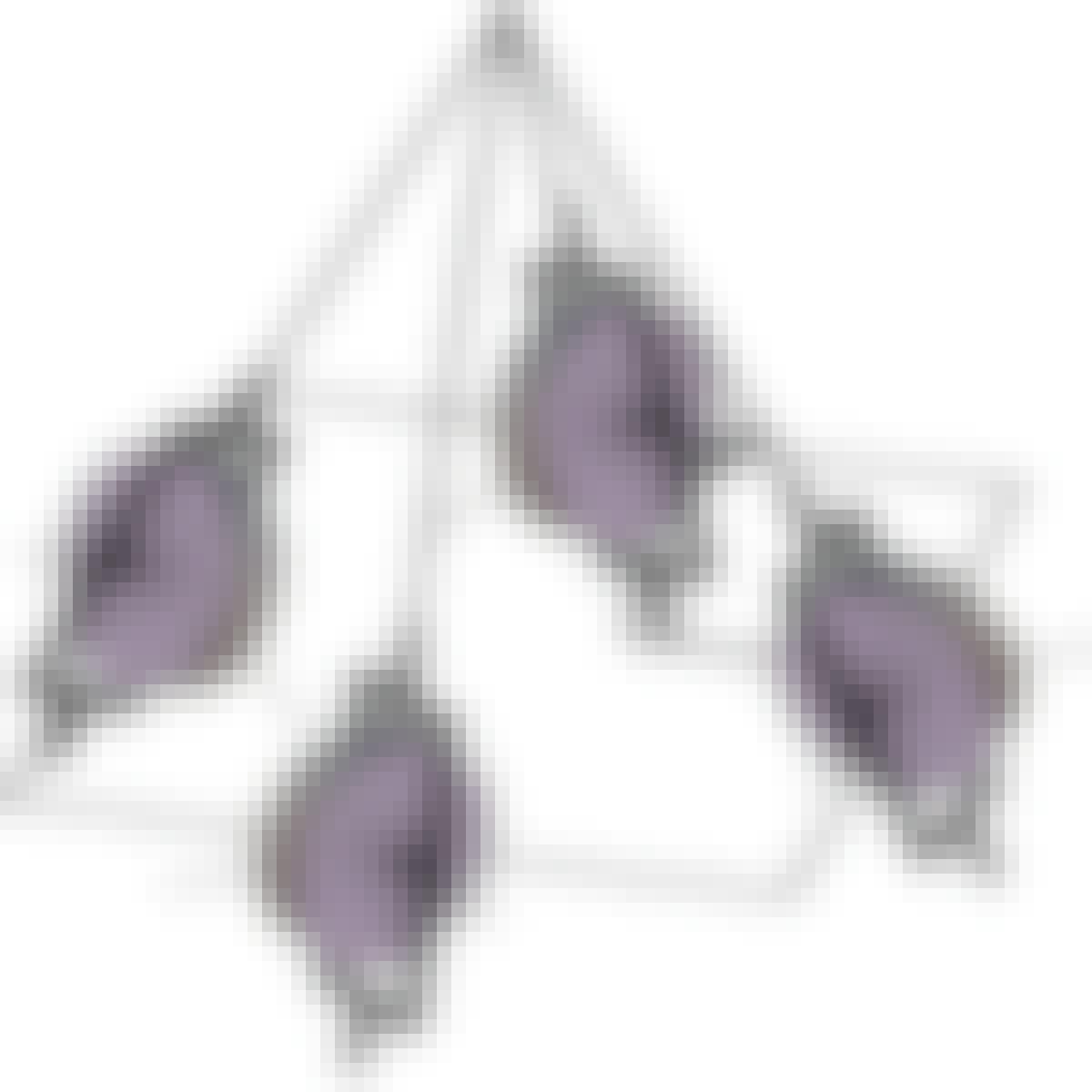 Status: Free Trial
Status: Free TrialUniversity of Colorado Boulder
Skills you'll gain: Vibrations, Control Systems, Mechanics, Torque (Physics), Engineering Analysis, Finite Element Methods, Mechanical Engineering, Simulations, Angular, Engineering Calculations, Differential Equations, Mathematical Modeling, Applied Mathematics, Simulation and Simulation Software, Linear Algebra, Calculus
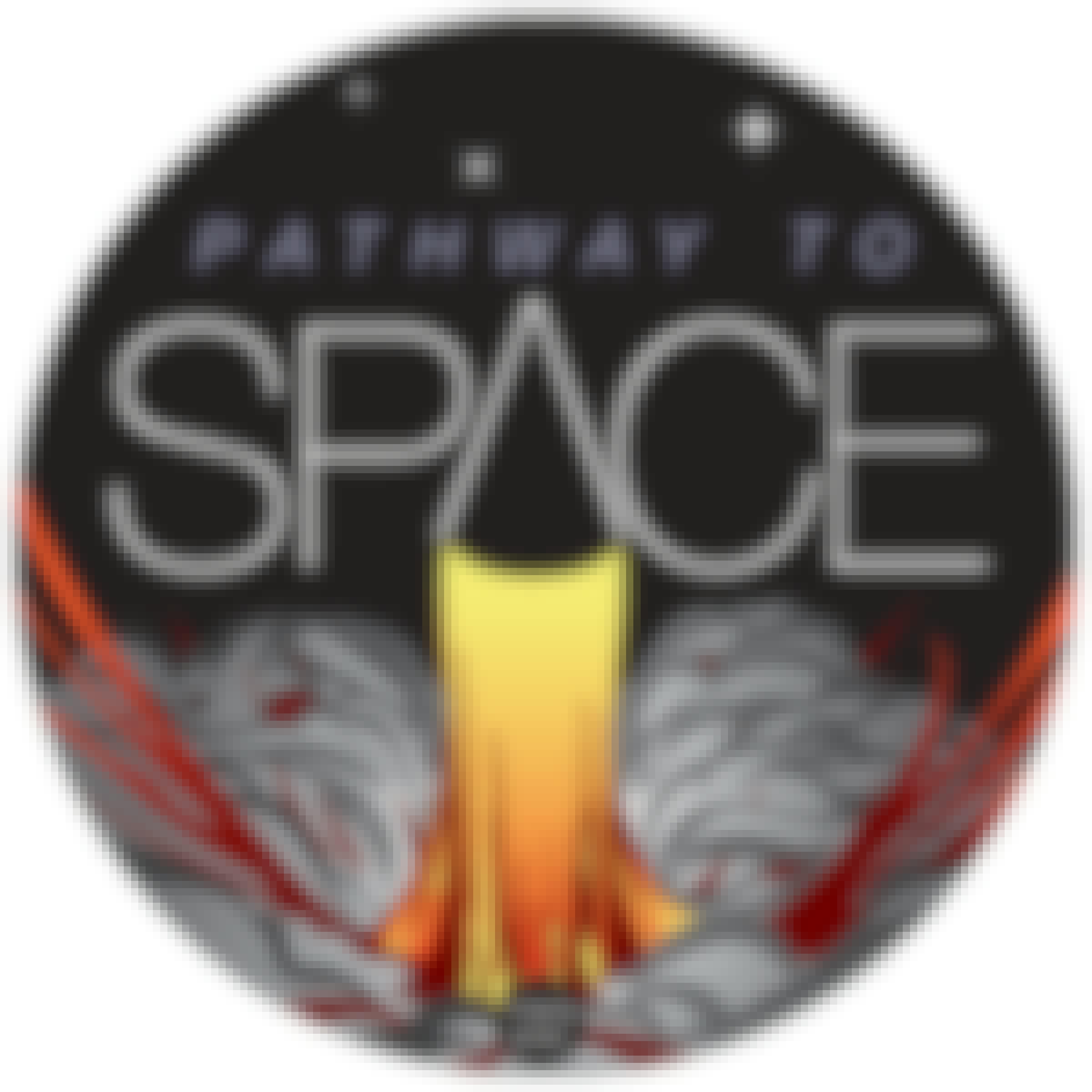 Status: Free Trial
Status: Free TrialUniversity of Colorado Boulder
Skills you'll gain: Global Positioning Systems, Geospatial Information and Technology, Political Sciences, Entrepreneurship, Governance, Higher Education, Public Policies, Policy Analysis, Business, Innovation, Emerging Technologies
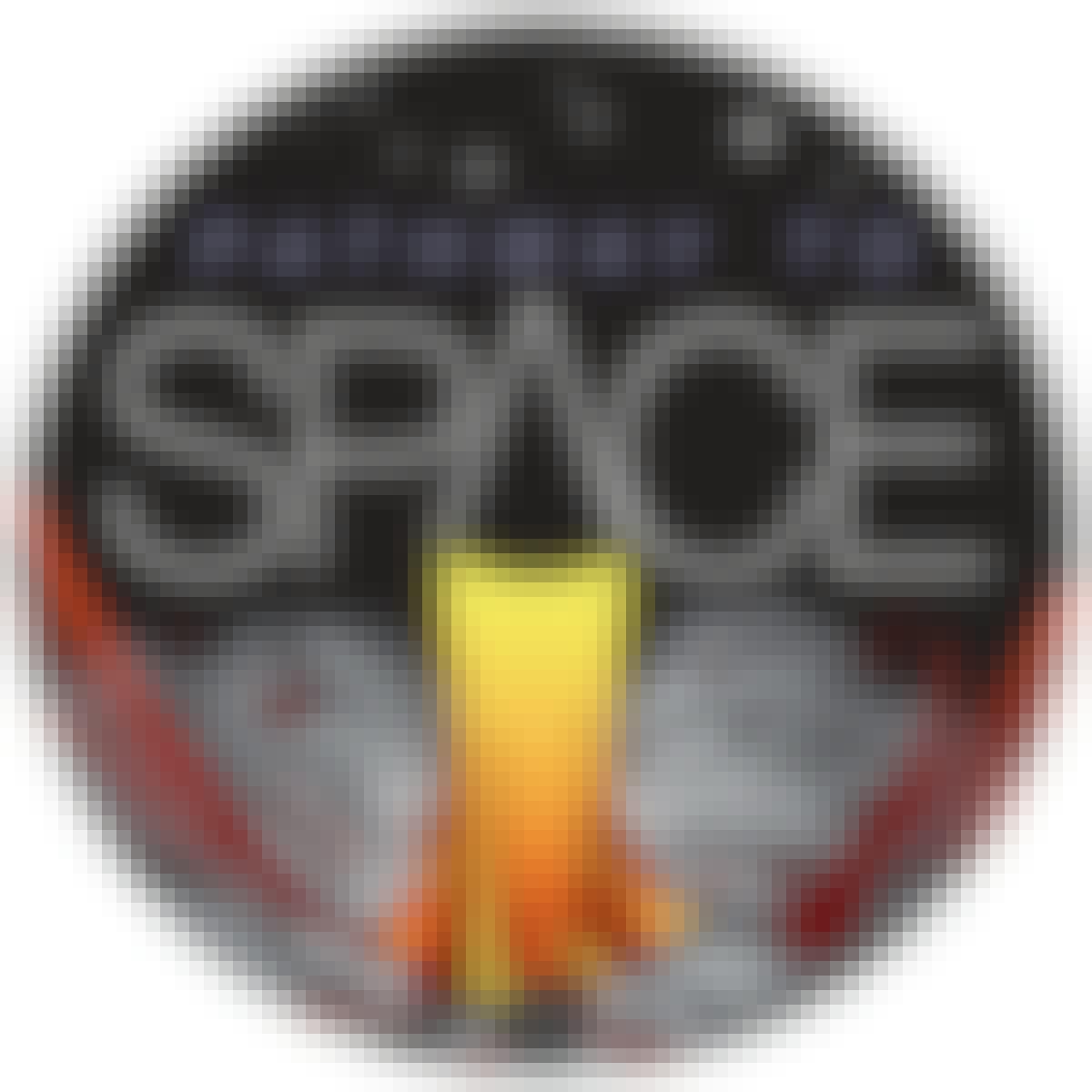 Status: Free Trial
Status: Free TrialUniversity of Colorado Boulder
Skills you'll gain: Global Positioning Systems, Journalism, Environmental Monitoring, Music, Geospatial Information and Technology, Political Sciences, Entrepreneurship, Systems Engineering, Concept Of Operations, Culture, Media and Communications, Governance, Higher Education, Public Policies, Physical Science, Liberal Arts, Geographic Information Systems, Art History, Engineering Design Process, Writing
 Status: Free Trial
Status: Free TrialSkills you'll gain: Image Analysis, Image Quality, Matlab, Computer Vision, Automation, Anomaly Detection, Spatial Data Analysis, Data Processing, Engineering Practices, Water Sustainability, Medical Imaging, Spatial Analysis, Data Manipulation, Histogram, Exploratory Data Analysis, Quantitative Research, Data Analysis Software, Analysis, Data Import/Export, Algorithms
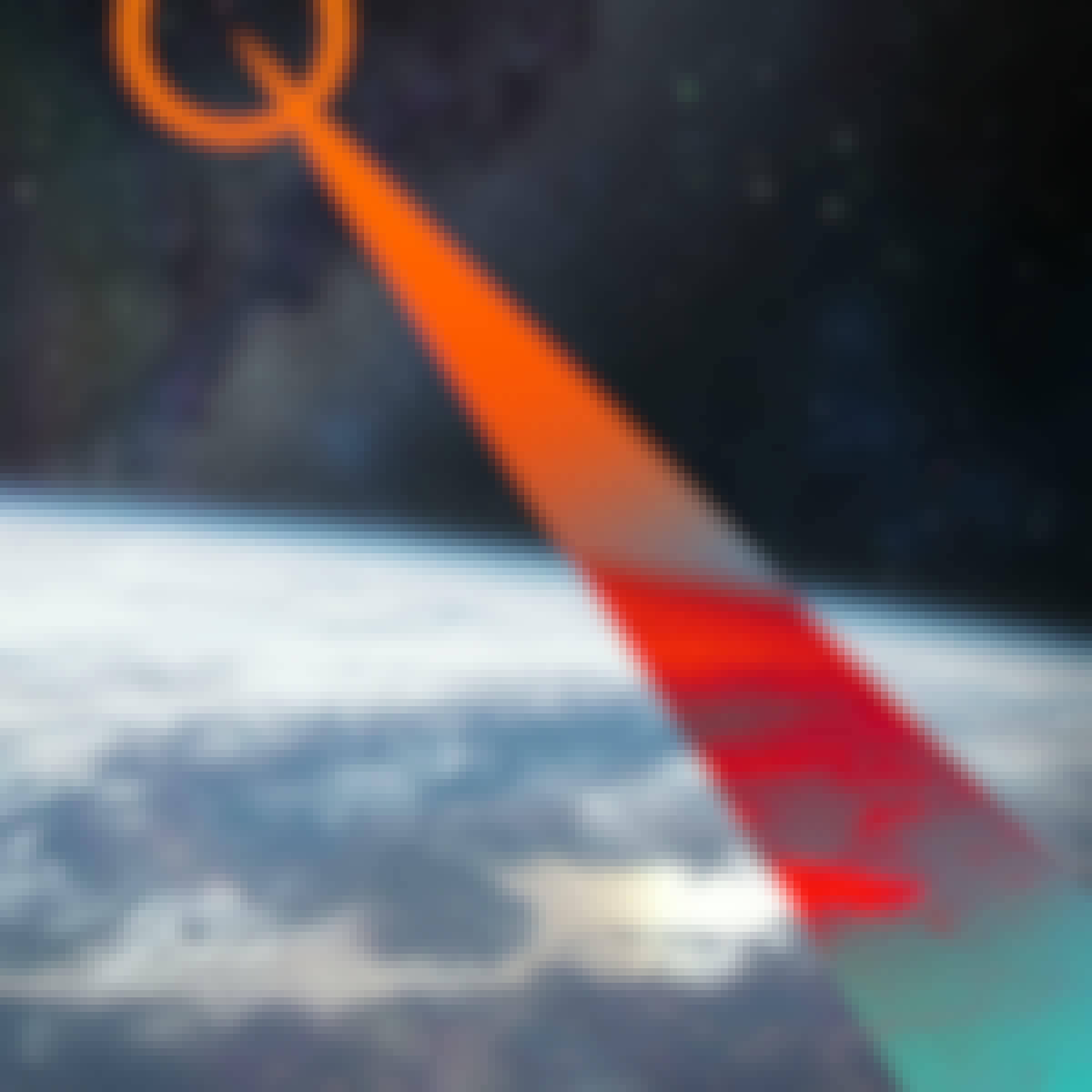 Status: Preview
Status: PreviewUNSW Sydney (The University of New South Wales)
Skills you'll gain: Image Analysis, Unsupervised Learning, Geospatial Information and Technology, Computer Vision, Spatial Analysis, Machine Learning, Dimensionality Reduction, Linear Algebra, Deep Learning, Data Validation, Supervised Learning, Probability & Statistics, Artificial Neural Networks
 Status: Free Trial
Status: Free TrialUniversity of California, Davis
Skills you'll gain: ArcGIS, GIS Software, Spatial Analysis, Data Storytelling, Spatial Data Analysis, Geographic Information Systems, Data Presentation, Geospatial Mapping, Public Health and Disease Prevention, Public Health, Land Management, Geospatial Information and Technology, Heat Maps, Data Sharing, Epidemiology, Community Health, Metadata Management, Data Visualization Software, Data Quality, Network Analysis
Satellite learners also search
In summary, here are 10 of our most popular satellite courses
- Rocket Science for Everyone: Yale University
- Spatial Analysis and Satellite Imagery in a GIS: University of Toronto
- Spacecraft Formation Relative Orbits: University of Colorado Boulder
- Geospatial Techniques for Engineers: L&T EduTech
- Introduction to Image Processing: MathWorks
- Embedding Sensors and Motors: University of Colorado Boulder
- Advanced Spacecraft Dynamics and Control: University of Colorado Boulder
- The Business, Politics, Policy, & Players of Space Programs: University of Colorado Boulder
- Pathway to Space: University of Colorado Boulder
- Image Processing for Engineering and Science: MathWorks










